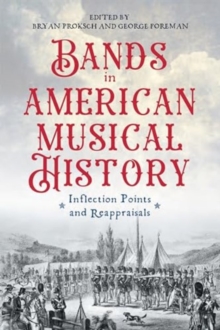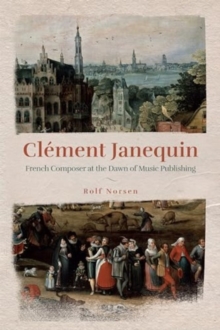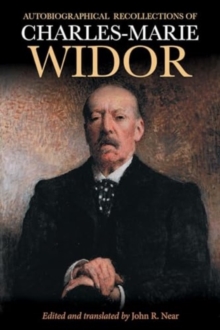
Stravinsky's "Great Passacaglia" : Recurring Elements in the Concerto for Piano and Wind Instruments PDF
by Donald G. Traut
Part of the Eastman Studies in Music series
Description
The first full-length analytic study devoted to the Concerto for Piano and Wind Instruments, combining sketch studies, musicological context, and straightforward analyses of all three movements.
Stravinsky's "Great Passacaglia" marks the first full-length analytic study devoted to the Concerto for Piano and Wind Instruments, an important neoclassic piece composed by one of the most influential composers of the twentieth century. Donald Traut examines the complex significance of this piece for Stravinsky and his contemporaries. For the composer, the Concerto was both a major artistic accomplishment in his burgeoning neoclassic style and a vehicle for financial gain as a touring soloist, an endeavor that took him throughout Europe and was instrumental in bringing him to America for the first time. For many of Stravinsky's critics it came to represent all that was wrong with his new style, while for others it pointed the way forward through the past, taking on an important role in the Bach revival of the 1920s. By combining sketch studies, musicological context, and straightforward analyses ofall three movements, the book paints a comprehensive picture of the piece's creation, impact, and structure that will be of interest not only to musicologists and music theorists, but to pianists, conductors, and concert-goers aswell.
Donald Traut is associate professor of music theory at the University of Arizona.
Information
-
Download - Immediately Available
- Format:PDF
- Pages:172 pages
- Publisher:Boydell & Brewer Ltd
- Publication Date:01/11/2016
- Category:
- ISBN:9781782048480
Information
-
Download - Immediately Available
- Format:PDF
- Pages:172 pages
- Publisher:Boydell & Brewer Ltd
- Publication Date:01/11/2016
- Category:
- ISBN:9781782048480










